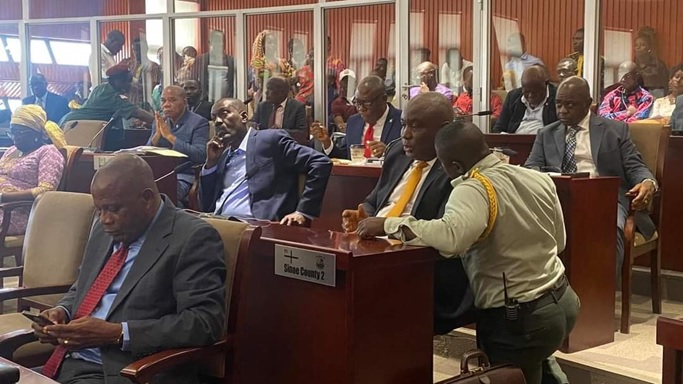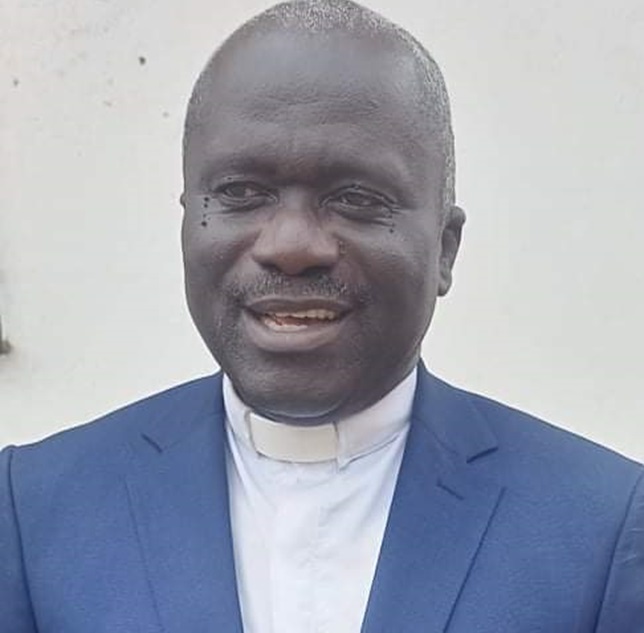An Editorial:
On Tuesday, April 9, 2024, the Liberian Senate took a momentous step towards addressing the country’s dark past by unanimously approving a resolution to establish a war and economic crimes court. This decision marks a significant milestone in Liberia’s journey towards justice, accountability, and national healing.
For years, the people of Liberia have endured the devastating consequences of a protracted civil war and widespread corruption that have left deep scars on the nation. The establishment of this court represents a long-overdue acknowledgment that the victims of these atrocities deserve to have their voices heard and their perpetrators held accountable.
By affixing their signatures to this resolution, the Liberian Senators have demonstrated a commendable commitment to the rule of law and a desire to confront the country’s history of violence and economic crimes. This move sends a clear message that impunity will no longer be tolerated and that Liberia is ready to embark on a path of reconciliation and sustainable peace.
The proposed war and economic crimes court will have the authority to investigate, prosecute, and punish those responsible for the most egregious human rights violations and financial misdeeds that occurred during the civil war and subsequent periods of instability. This is a crucial step in providing justice for the victims and their families, as well as in promoting national healing and preventing the recurrence of such atrocities.
The establishment of this court also represents a significant step towards addressing the issue of corruption, which has long plagued Liberia’s political and economic landscape. By holding those responsible for economic crimes accountable, the court can help to restore public trust, strengthen institutions, and pave the way for sustainable development and prosperity.
The Liberian Senators deserve commendation for their courageous decision to take on this challenging task. Their actions demonstrate a commitment to the principles of justice, accountability, and national reconciliation that are essential for Liberia’s continued progress and stability.
As the process of establishing the war and economic crimes court moves forward, it is crucial that the international community continues to support Liberia’s efforts. This court has the potential to serve as a model for other nations grappling with the legacy of conflict and corruption, and its success can have far-reaching implications for the region and the world.
In conclusion, the Liberian Senators’ decision to establish a war and economic crimes court is a momentous step towards healing the wounds of the past and building a brighter future for the nation. This act of leadership and courage deserves the highest praise and should serve as an inspiration for all those who believe in the power of justice to transform societies and bring about lasting peace.







